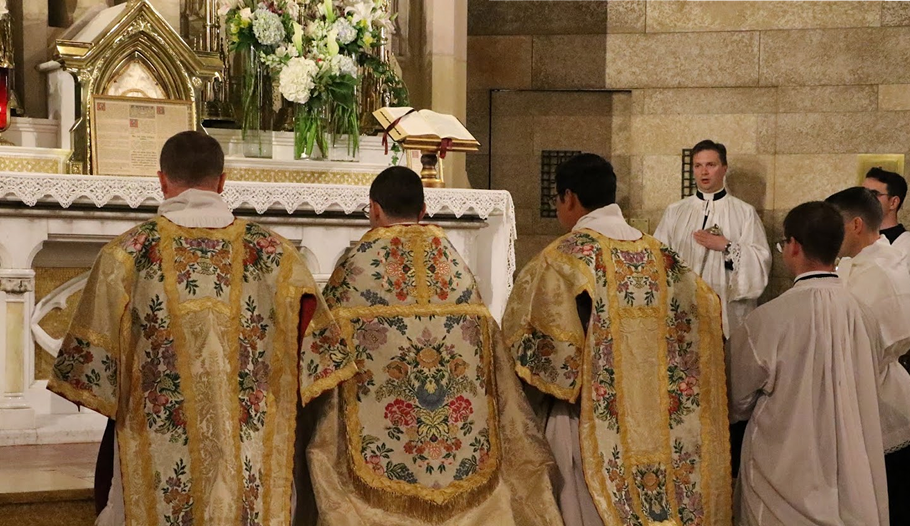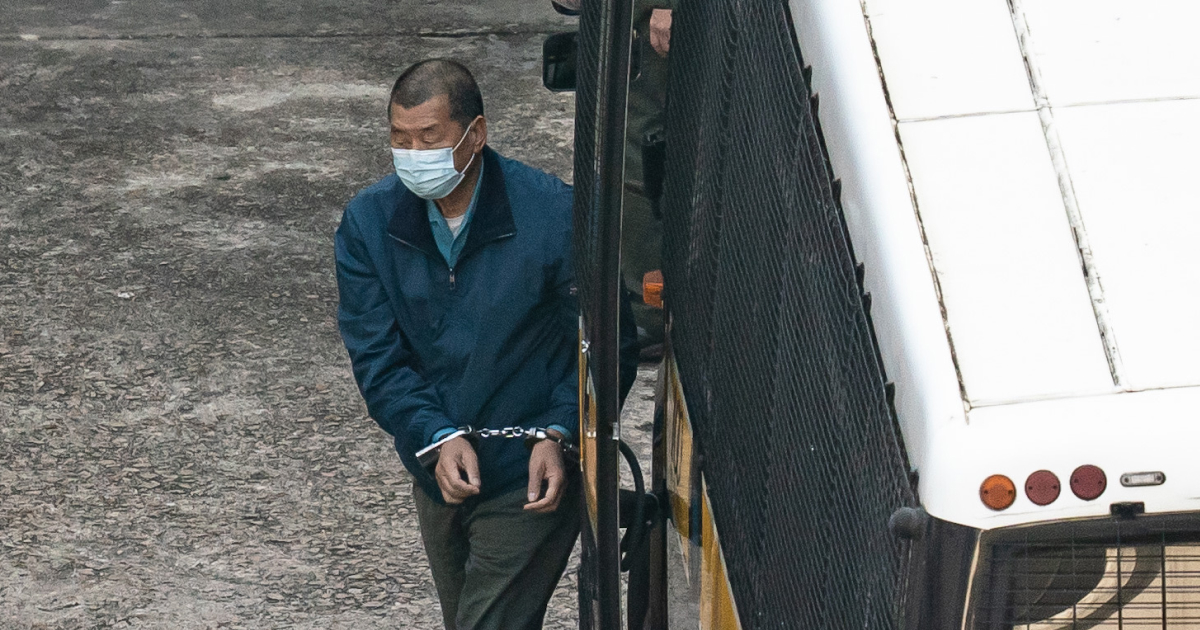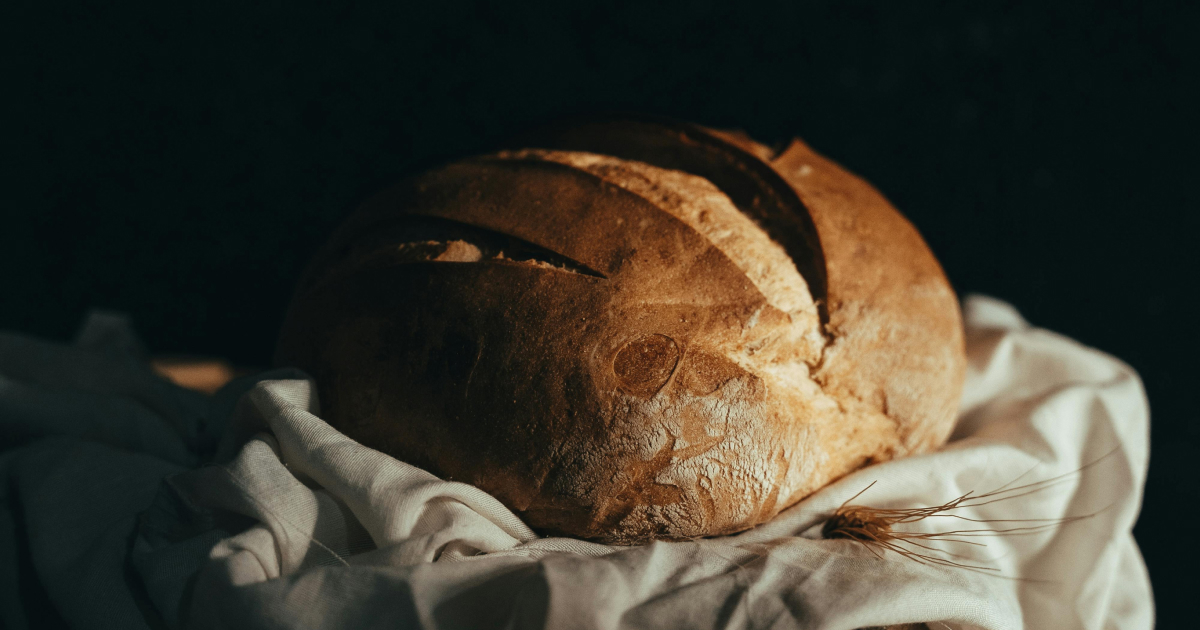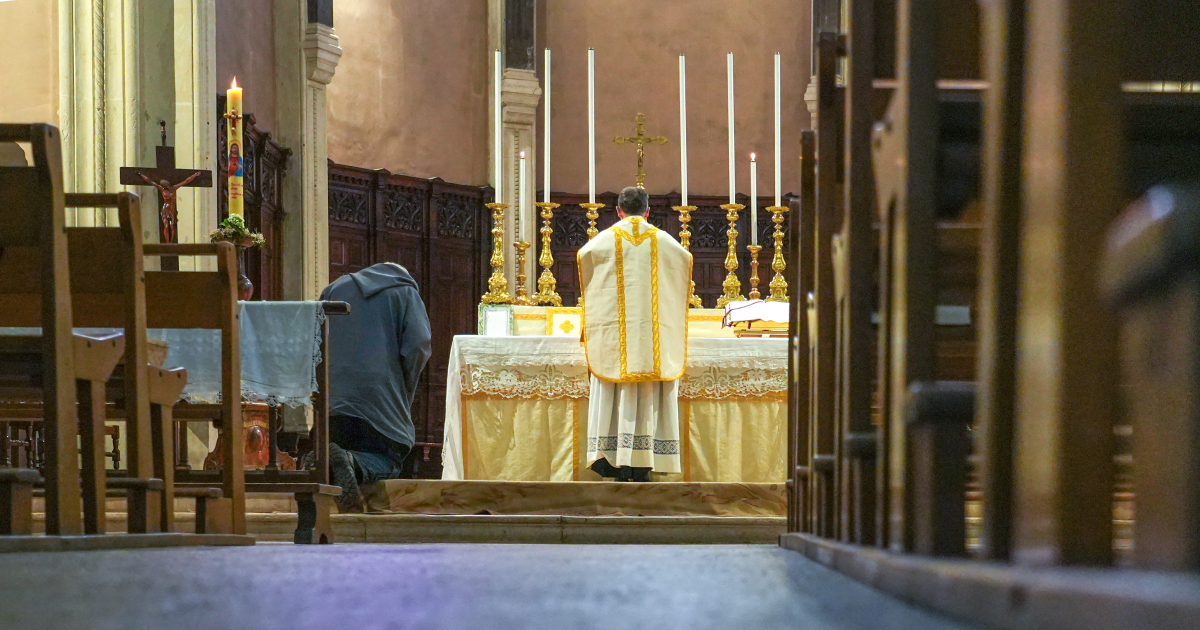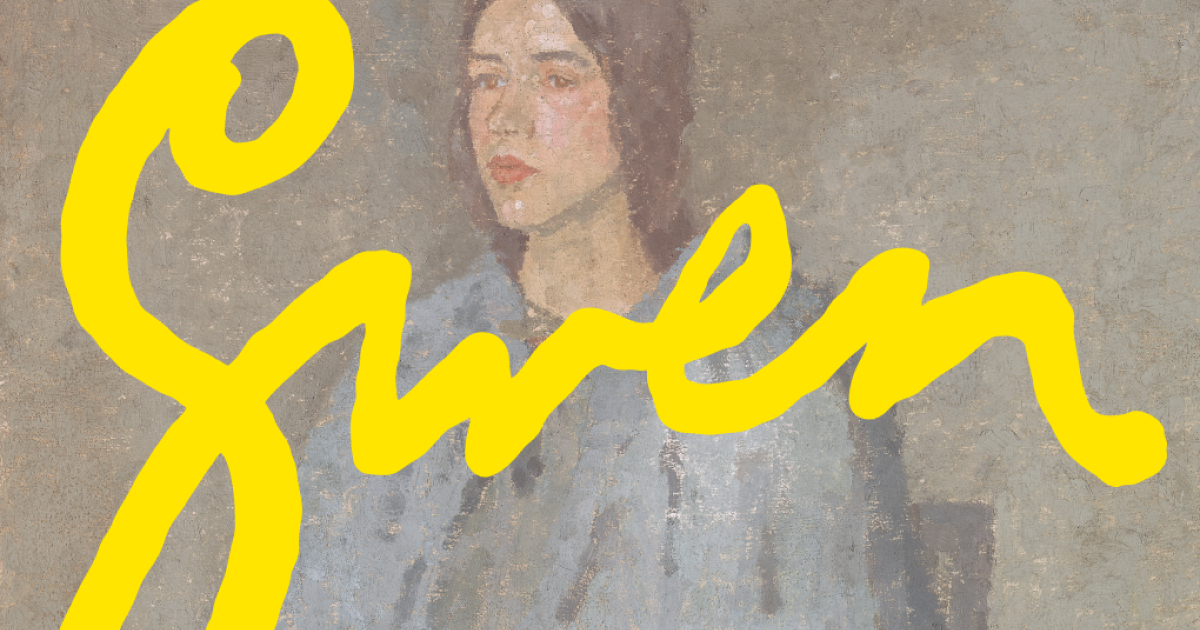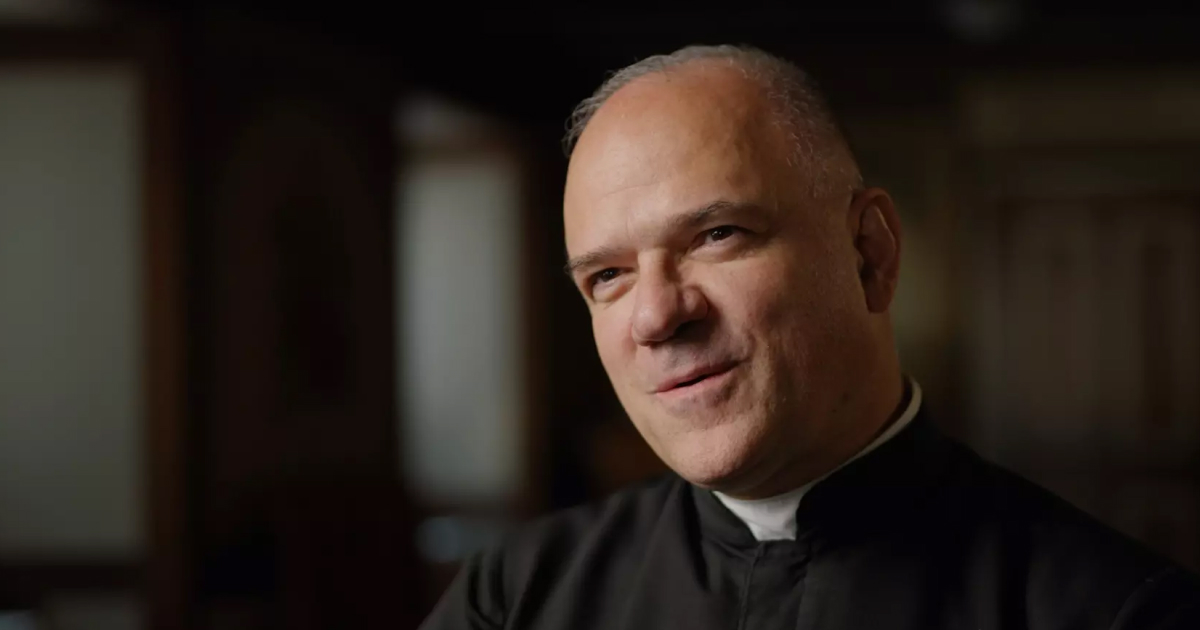The Diocese of Austin has prevented students at Texas A&M University from holding a Traditional Latin Mass.
A Mass had been scheduled for 24 September in a conference centre on the university campus, to be offered by a priest from the neighbouring Diocese of Victoria at the request of students belonging to Juventutem International. The evening before the liturgy, however, the priest informed students that he had been told by his bishop not to travel, following a directive from the chancellor of the Austin diocese.
The diocese later confirmed the cancellation, stating that the group had not sought permission from Bishop Daniel Garcia, who had been installed in Austin just days earlier. Its communications director said the Mass was planned “outside of a sacred space on the university campus” and, under current norms, required the diocesan bishop’s approval.
Nick Cardone, a sophomore and president of the Juventutem Texas A&M chapter, told the media that the decision had “silenced one of the most vibrant and growing expressions of Catholic faith among young people in America.” He said more than 100 students were active in the group, which has hosted the traditional liturgy once a month, usually in homes, followed by social gatherings.
Juventutem International, founded in 2004 and recognised by the Holy See, is present in more than 25 countries and aims to promote sanctification among young Catholics through the traditional liturgy and prayer.
The Texas A&M chapter, which now counts nearly 140 members, has been petitioning diocesan authorities for permission to hold the Mass publicly. Last spring, more than 100 students signed an appeal to Bishop Joe Vásquez, then the bishop of Austin, but it was declined.
For students in College Station, the restrictions are a disappointment. Many are converts drawn to Catholicism by its continuity of worship, while others see the older form of the Mass as a source of reverence, vocations, and a connection with the Church’s past. “We like the steady foundation,” said Cardone, reflecting on what he called the “patrimony that formed so many saints.”
At the heart of the dispute is the legal framework governing the celebration of the Traditional Latin Mass. Pope Benedict XVI’s 2007 motu proprio Summorum Pontificum gave priests broad freedom to use the older form of the Roman Rite, declaring that “what earlier generations held as sacred, remains sacred.”
However, Pope Francis’ 2021 document Traditionis Custodes reasserted episcopal authority over its use, requiring diocesan approval and generally limiting it to designated parish churches.
The dispute at Texas A&M comes as bishops across the United States continue to impose restrictions on the Traditional Latin Mass following Traditionis Custodes. While dioceses have introduced tighter regulations, student groups and young Catholics in many parts of the country have been submitting petitions and requests for permission to attend the old rite.
In several dioceses, the measures have led to tension between clergy implementing papal directives and younger Catholics seeking greater access to the traditional liturgy.
Photo credit: FSSP





